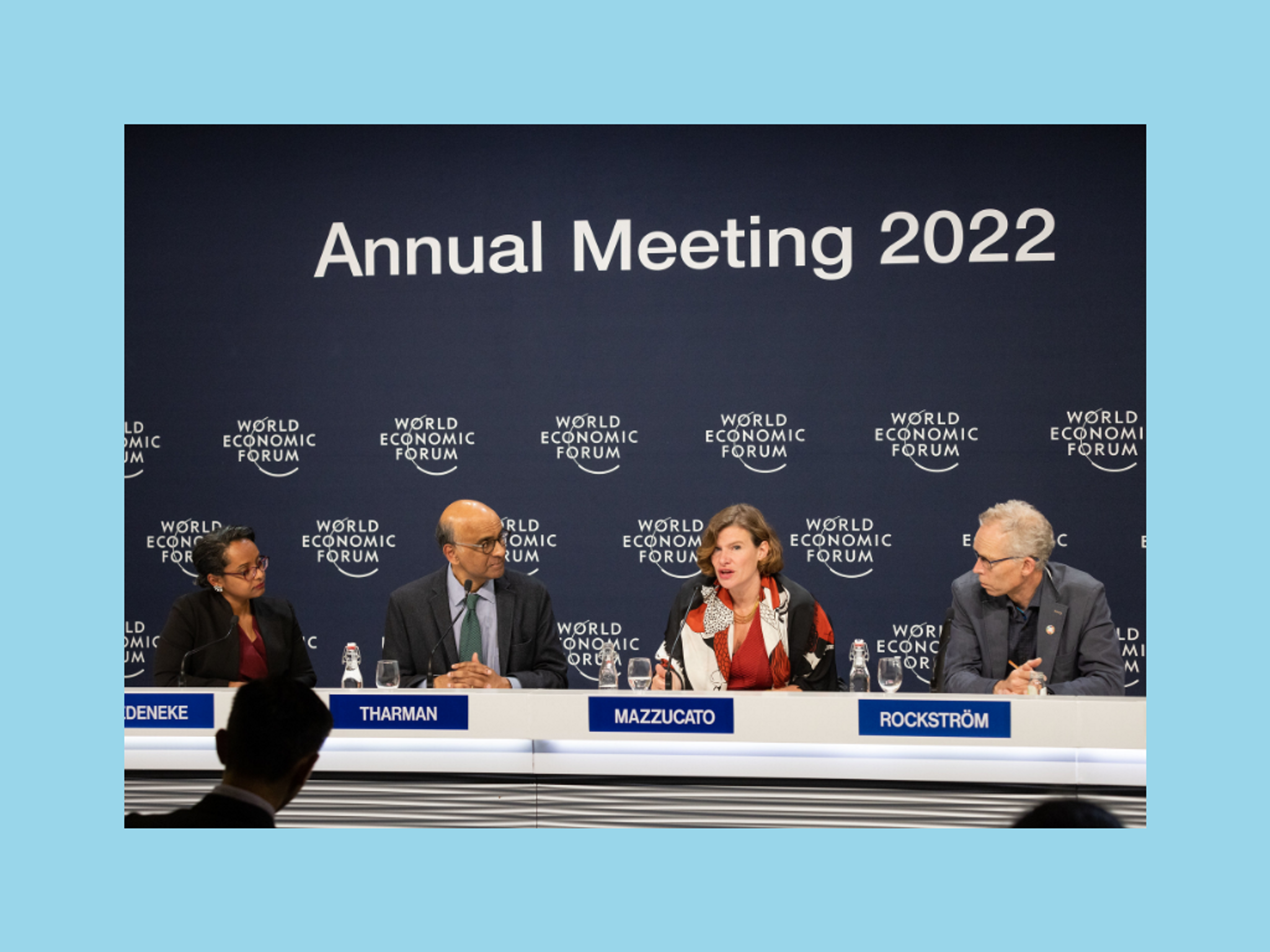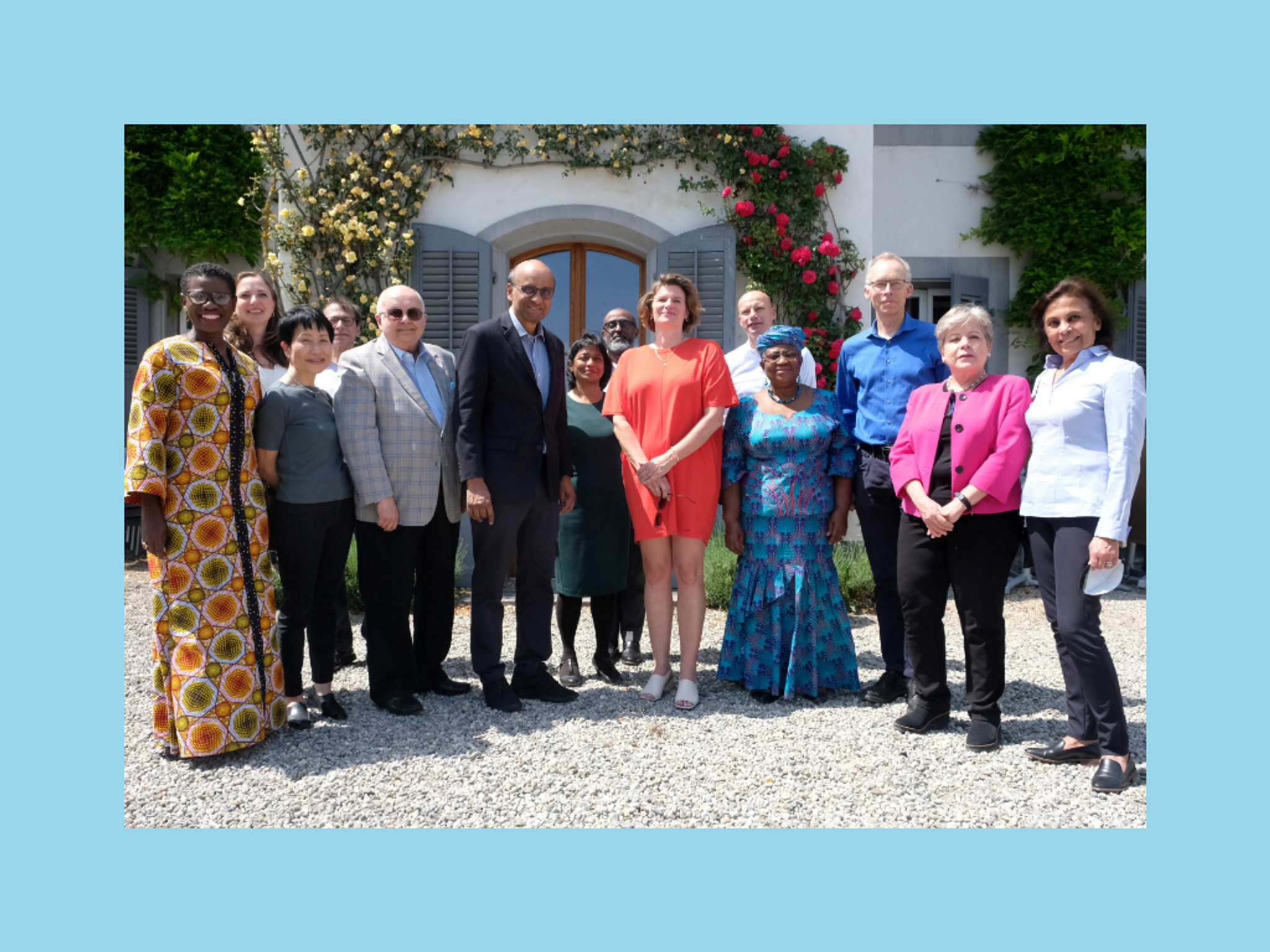To stop water crises, the world must value water as a global common good

Water crises pose a threat to our survival, because water is something we cannot live without. It is a vital element of our body, sustains the production of food, and helps regulate global temperature. It also touches all aspects of development: water links to nearly every one of the UN’s 17 Sustainable Development Goals (SDGs).
The current global water crisis poses risks to society, growth and inclusive development. Rapid urbanisation, climate change, and natural disasters have led increasing numbers of cities across the globe to face repeated water shortages. Global food supply chains are at risk due to climate-led disruptions in food productions.
Despite water being traditionally viewed as an abundant resource, it is scarce: nearly 2 billion people globally have no access to safe and clean drinking water – and close to half of the global population lacks access to sanitation. The water crisis knows no national boundaries and threatens development progress for future decades. The current costs of inaction outweigh the cost of action, and we need to demand a truly collective response from governments and decision-makers around the world.
We can benefit from a new economic thinking around water, especially in this era of climate change, fast-paced urbanisation and increasing population. Places such as the Namibian capital of Windhoek and the island nation of Malta are dealing with rapidly deteriorating availability and quality of water, while the Australian city of Perth can no longer rely on groundwater due to decades of prolonged summers. Alternative solutions in the way we govern water require an innovation-led approach to ensure that water infrastructure and management are resilient and sustainable.
Water crises are often a reflection of governance failure. Mismanagement of water regularly lies at the core of overexploitation, poor water quality and coverage, depleted water infrastructure, or polluted water. Neoclassical economics views the role of state as ‘market-fixer’ – where the government intervenes only after the market fails – but this will not help to solve the challenges we face today. States need to shape markets and break down institutional silos. In the case of water, this means fostering public-private partnerships to steer innovation toward a common purpose of making water available for all and shifting to long-term strategies including mobilising sustainable finance to ensure water infrastructure is built to be resilient to climatic shocks. It is not only the outcome that matters, but also the process and interactions to achieve the common goal of preserving and securing water for all.

Prof Mariana Mazzucato at the launch of the Global Commission on the Economics of Water at the Annual Meeting of the World Economic Forum on 25 May 2022

Prof Mariana Mazzucato with the project team for the Global Commission on the Economics of Water
Water economics and governance can be strengthened through the principle of a global ‘common good’. Water, as with many other basic human needs such as clean air, education, and health services, has historically been seen as a ‘public good’. This would mean its provision is not seen as a collective objective, but rather as something that only the public sectors provide. The global water crisis is too complex and urgent for this approach. We need a new lens that recognises the very nature of the grand challenge: it has no borders. Valuing water as a ‘global common good’ – that it is a common objective for all to secure access to water – is crucial. It can bring the different actors to the table with a mandate to co-design the economy, laws, and governance around key water-related objectives.
Responding to water crises requires global strategies. Missions-oriented policies guided by the principle of water as a global common good are crucial. They can direct innovation, mobilise know-how to meet critical goals, and help coordinate different sectors.
The UCL Institute for Innovation and Public Purpose (IIPP) is an integral part of The Global Commission on the Economics of Water, which was established by the Dutch government in March 2022 to develop pragmatic solutions based on a new economics of water. Professor Mariana Mazzucato, IIPP Founding Director, joined as a co-chair of the commission, together with a dream team of global decision makers: Dr Ngozi Okonko-Iweala, Director General of the World Trade Organisation; Tharman Shanmugaratnam, Senior Minister of Singapore; and leading climate scientist Professor Johan Rockstorm as co-chairs, alongside seventeen additional leading experts.
The commission will produce a flagship report that will provide an in-depth and independent global review on the ‘Economics of Water and Beyond’, following in the footsteps of the Stern Review, which rewrote the Economics of Climate Change, and the Dasgupta Review, which rewrote the Economics of Biodiversity. The report will be published in March 2023 to coincide with and feed directly into the UN 2023 Water Conference – the first in 50 years – and inform the launch of a ‘Water Action Agenda’. This two-year agenda will aim to spur change globally, among governments, local authorities, industry, finance, multilateral institutions and non-state actors.
We hope that our work through the commission will spark a momentum of change to start redefining our relationship with water and pushing forward concrete actions to secure the future of water for all of us, regardless of socioeconomic status.



